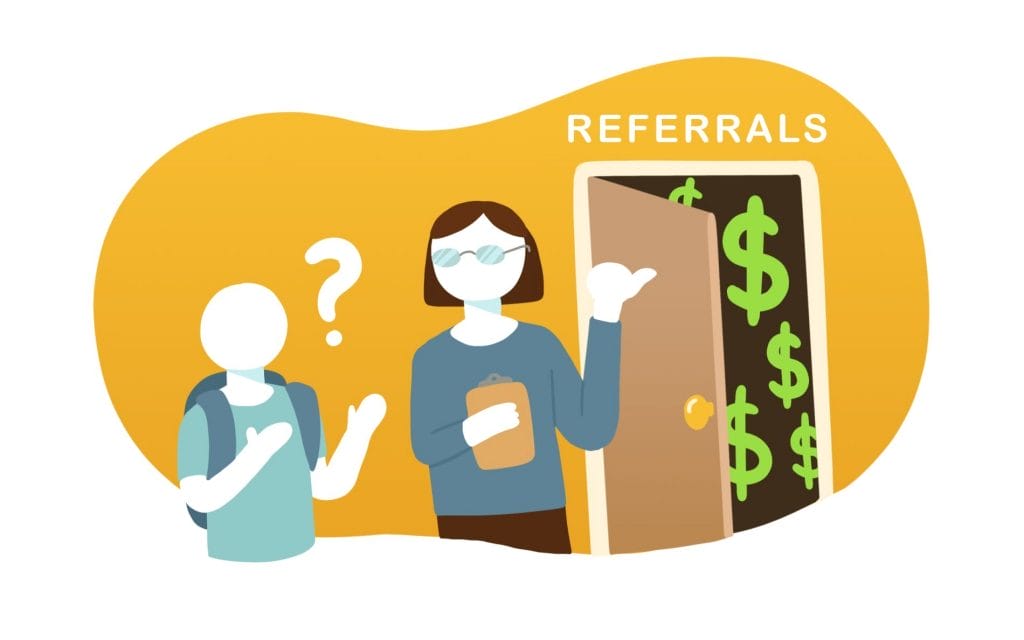Referrals: VCU Counseling’s solution to long term care

Illustration by Summer McClure.
Moira Snyder
Contributing Writer
VCU is home to more than 30,000 students — each of whom have their own personal struggles and strifes. It is the job of University Counseling Services to address those struggles, but that is not always the case.
Through individual and group therapy sessions, UCS attempts to handle the university’s large population of individual needs, but students are often referred to practitioners off campus. Although the office has some programs and treatment efforts in place to support students the department is not large enough to properly support a student body of VCU’s size and diversity.
If the physician working with a student thinks the work of practitioners outside the university is necessary, the student is evaluated and then often referred elsewhere. The problem with students being referred to off-campus therapists is these services cost money and require students have health insurance that covers mental health care.
When students go in for a first appointment at UCS, they are asked a list of questions about their safety and the safety of others, as well as why they are seeking counseling. At the very end of the questionnaire, students are asked about health insurance.
The last question is to make sure that one of the therapists on UCS’ referral list is covered by the student’s healthcare provider. If a university therapist sees fit, they may refer students to an outside practitioner if the student needs more long-term treatment than UCS can offer. However, this decision is completely left to the student’s therapist.
Referrals to off-campus services are impractical and expensive for students who cannot properly afford them if they do not have health insurance. It discourages students from going to UCS for support, making the students’ struggles more difficult.
The reason behind UCS’ inability to continue treatment is due to a lack of clinicians to support the large student population. UCS should offer long-term treatment services for all students on campus because students pay tuition, as well as for housing and books, among other fees — all fees that support living a sustainable life at VCU for a majority of the year. Because of all the fees students pay, the university should provide long-term care, not refer students to practitioners where they will have to cover additional costs for treatment and care.
Students’ mental health is important and should be considered when being seen and before being referred to outside, off-campus services.
For students who do struggle with mental health and find themselves without a regular physician to turn to, the VCU Police crisis hotline is (804) 828-1234 and licensed therapist is available 24/7 for students in need. The number for the national suicide hotline is 1-800-237-TALK (8255).


